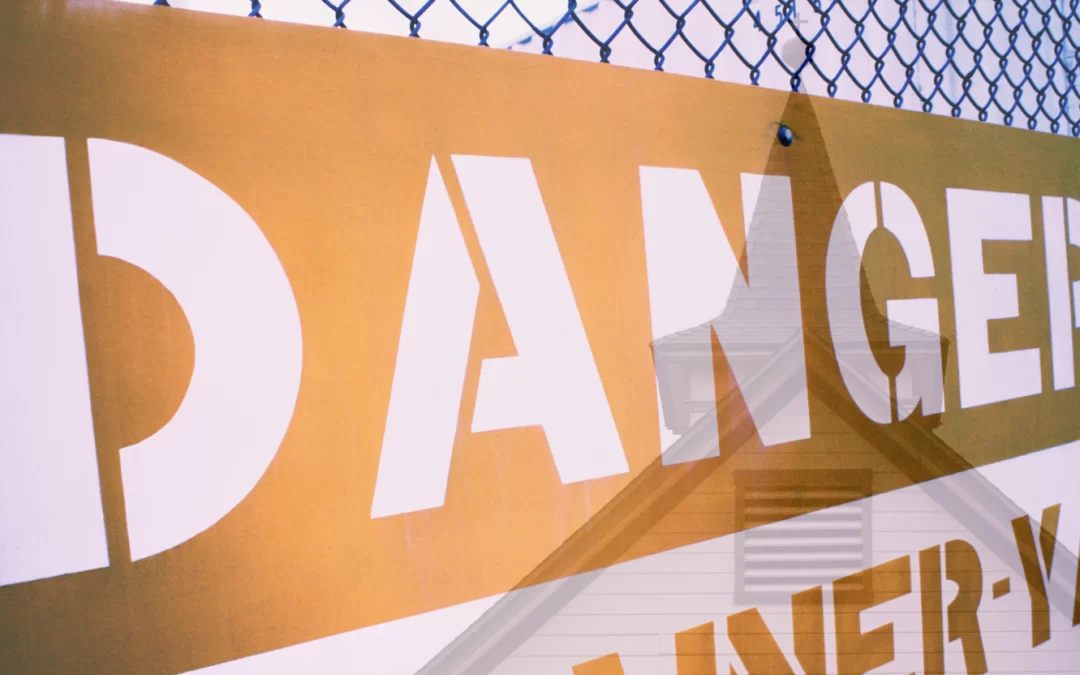The COVID-19 pandemic has altered life for millions of people around the world. For some, it has meant severe illness and death, for others working from home to avoid catching the virus, and for many more, the destruction of their very livelihoods. People have suffered as businesses have closed and jobs have been lost. The uncertainty of the future has made getting back to a semblance of normalcy virtually impossible. In the background of it all, however, has been the erosion of religious liberty, making the crisis of COVID-19 all the more dangerous for the world it has already fundamentally changed.
A November 13, 2020 Reuters story reports that Supreme Court Justice Samuel Alito spoke out about the constriction of religious liberty during the pandemic, stating that the pandemic had led to “previously unimaginable” restriction on religious liberty. According to Reuters, Justice Alito maintained that the nation has “never before seen restrictions as severe, extensive and prolonged as those experienced for most of 2020.” Is Justice Alito right that 2020 has brought about a new era when it comes to the suppression of religious liberty?
It may be hard to quantify, exactly, if another time in our nation’s history had more restrictions on religious liberty than what has occurred in 2020. Nothing similar comes to mind as I survey the history of our nation and there is little doubt that nothing like what we have seen in the past months has occurred any time in recent memory. Churches and synagogues, particularly, have been hit the hardest as state governments in various places have restricted the number of people who could gather for worship, up to and including shutting down churches and worship services altogether. Pastors have been fined, some jailed, and in some places, threats have been made by officials that include the permanent shutdown of houses of worship that do not comply with mandates.
What does all of this mean for religious liberty? It really depends on how much longer the shutdowns and restrictions continue and whether or not government will continue to single out religious institutions, as had occurred in places like Nevada. The erosion of religious liberty has certainly occurred as governments have inserted their power into the sacred rights that the Founders enshrined in the First Amendment, and the effects of that erosion may not be fully understood for decades to come.
What people like me worry about when we see a pandemic used to shut down worship is the erosion of religious liberty . . . not the complete elimination of it, but the quiet removal of increments of freedom to gather together and conduct a worship service as dictated by the Bible or some other religious text. We give up the authority to decide when and how and if it is too dangerous to meet in person to the government, and it doing so, allow the government to make decisions that touch on religion that it should have nothing to do with or say about.
Do I mean to say that religious liberty is more important than the physical health and safety of the public? The honest answer is yes. There are some principles that are worth more than life, for example: fidelity to Christ and His Gospel and obedience to God’s Word versus bowing the knee to any worldly authority that would usurp God’s rightful place. Being able to decide how and when and with whom we worship is a right that is extremely vital to people coming to know Christ. The simple truth is that if a group of people decide to worship together and risk getting sick, then the government should have nothing to say about it. And it should certainly not be attempting to destroy that choice through fines, jailing of pastors, threats of shutdowns, and the mocking of those who chose to worship.
As Justice Alito said in the Reuters story: “Religious liberty is fast becoming a disfavored right.” This is a true statement and it should be an alarming one. That the very “first freedom” we cherish as Americans is becoming disfavored should alert us all to what lies ahead. If we let religious liberty go, all liberty will follow. If we allow the erosion of religious liberty now, the erosion will not stop. The next time government declares an “emergency”, pandemic or not, the first targets will be those who have “religious” convictions and who do not wish to toe the line of governmental requirements.
So, is religious liberty really in danger? It think the answer is yes and we’d better pay attention to what that means.

